How are cancer cells processed in the body?

The most common cause of death is 'cancer', but a fierce battle is waged inside the body to prevent cancer. Scientific YouTube channel Kurzgesagt has released a movie about what it is like.
In our bodies, the immune system is silently killing cancer all the time.
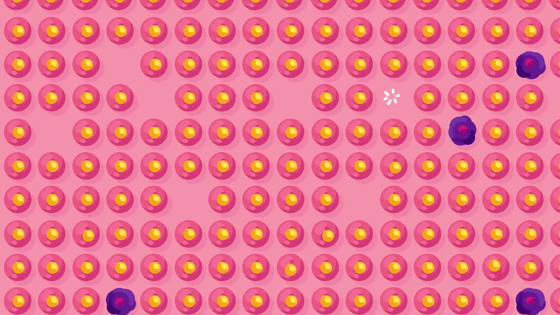
Cancer is
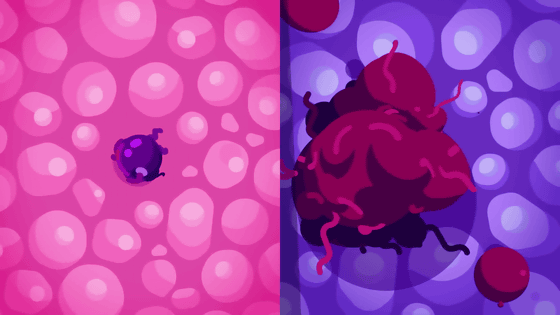
Resources and space in the body are finite. Cancer robs you of resources and the space you live in to survive. In the process, they may destroy organs that were once part of them.
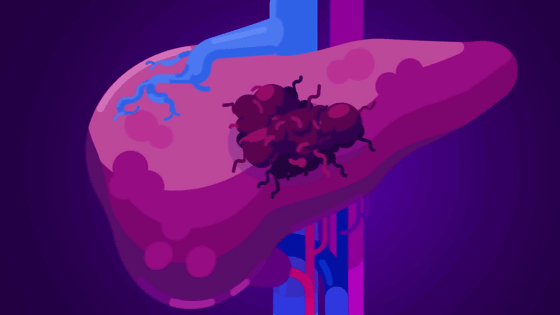
But ``cancer cells are not evil, even though they are harmful,'' Kurzgesagt explains. Cells are, so to speak, ``protein robots'' and they only follow programming, but that programming has been corrupted.
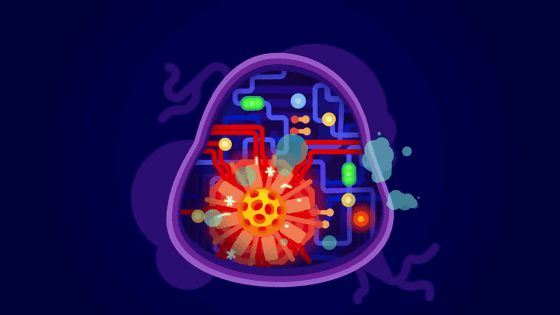
The DNA packed in the nucleus of the cell is made up of genes, which are the blueprints for proteins.
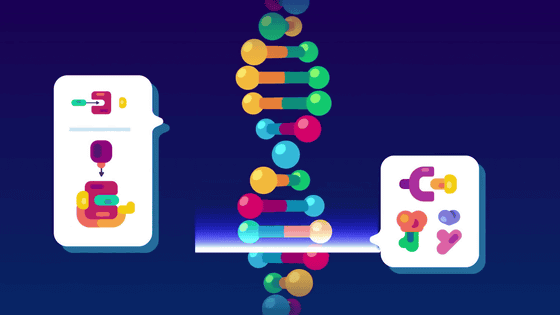
A gene is copied and sent to the ribosome to make a protein.
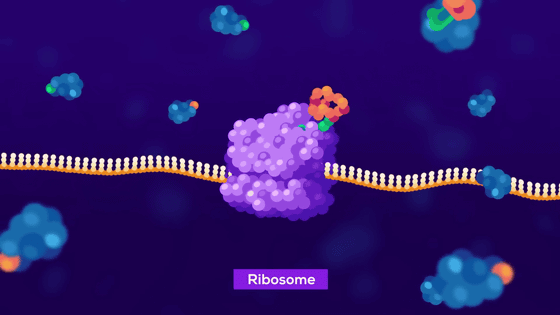
DNA is
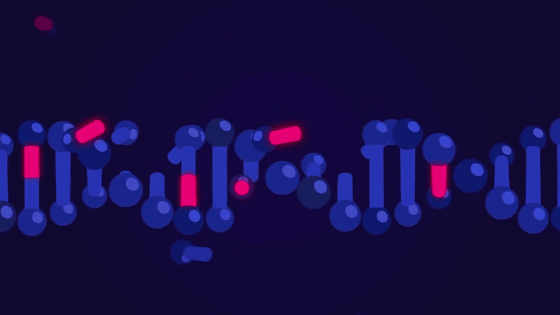
However, if you copy it over and over again, the damage will accumulate. Also, if a new error occurs, it will be carried over to subsequent copies.
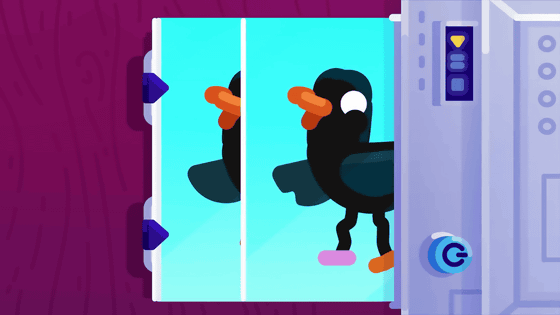
Factors that cause DNA damage include smoking, drinking alcohol, obesity, asbestos, sunburn, and viral infections. However, if you live simply for a long time, your DNA will be damaged.
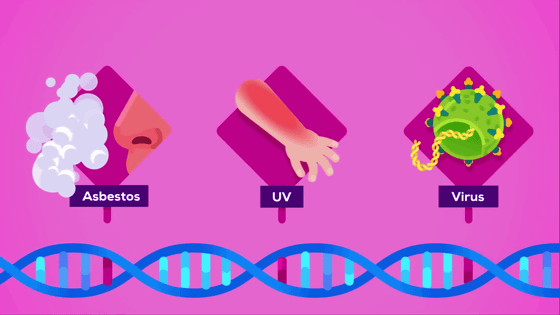
There are three mutations that are important for cancer development.
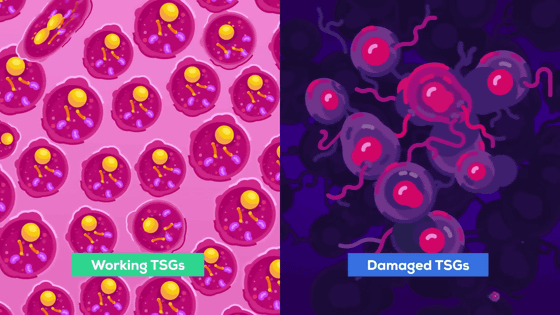
The second is
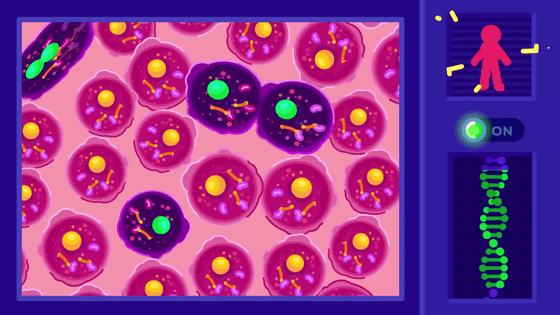
The third is
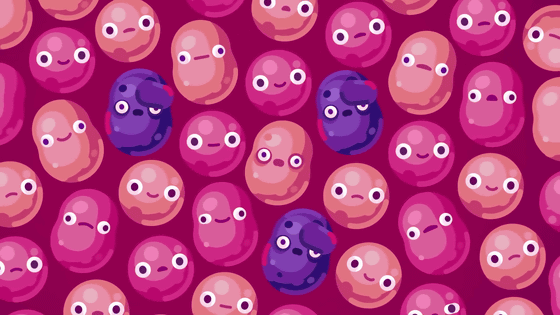
Cells always have a sample of their own proteins to display using
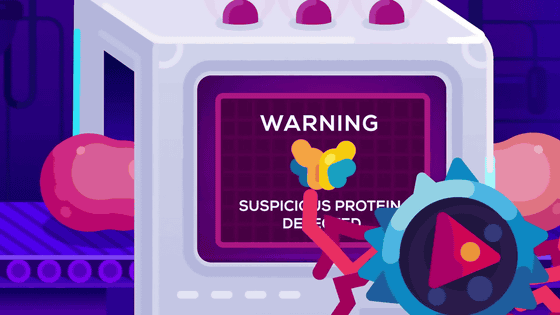
If cancer cells mutate and stop producing MHC class I molecules, they will not be able to recognize the proteins that they produced, so they will not be able to be identified by T cells, but in that case natural killer cells will do their job. Natural killer cells check for the presence of MHC class I molecules, and if not, determine that they are hiding something and kill the cells.
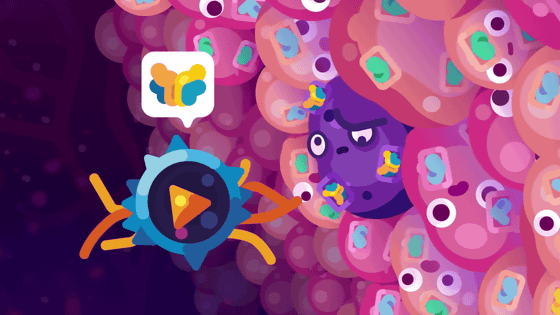
In other words, almost all young cancer cells in the body are killed by the immune system. Even so, we still get cancer because cancer cells can mutate more and fight back better.
Kurzgesagt describes the fight against cancer as an 'arms race' and concludes that humanity will eventually wipe out cancer as many treatments are beginning to show promise.
Related Posts:
in Video, Posted by logc_nt







